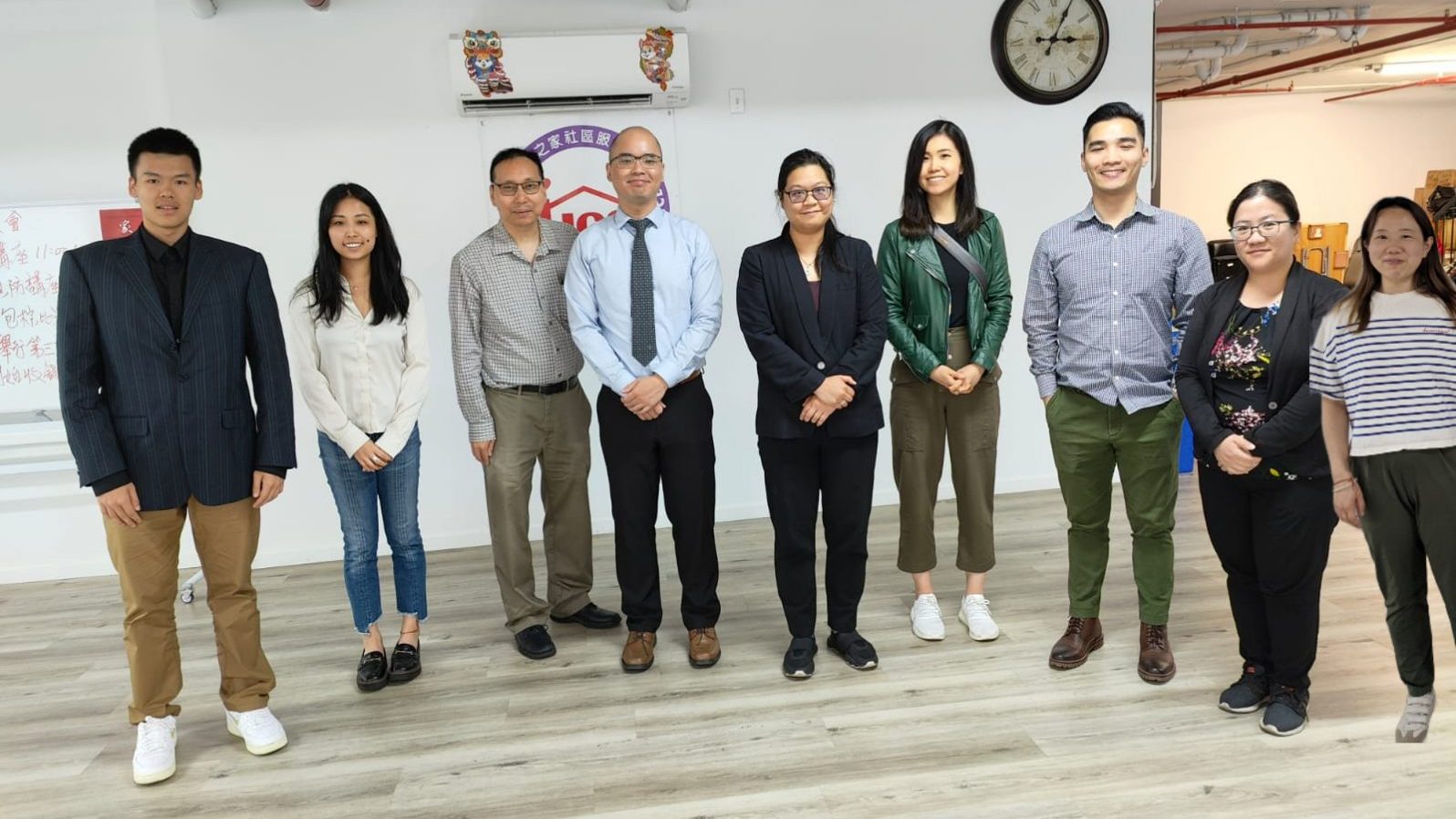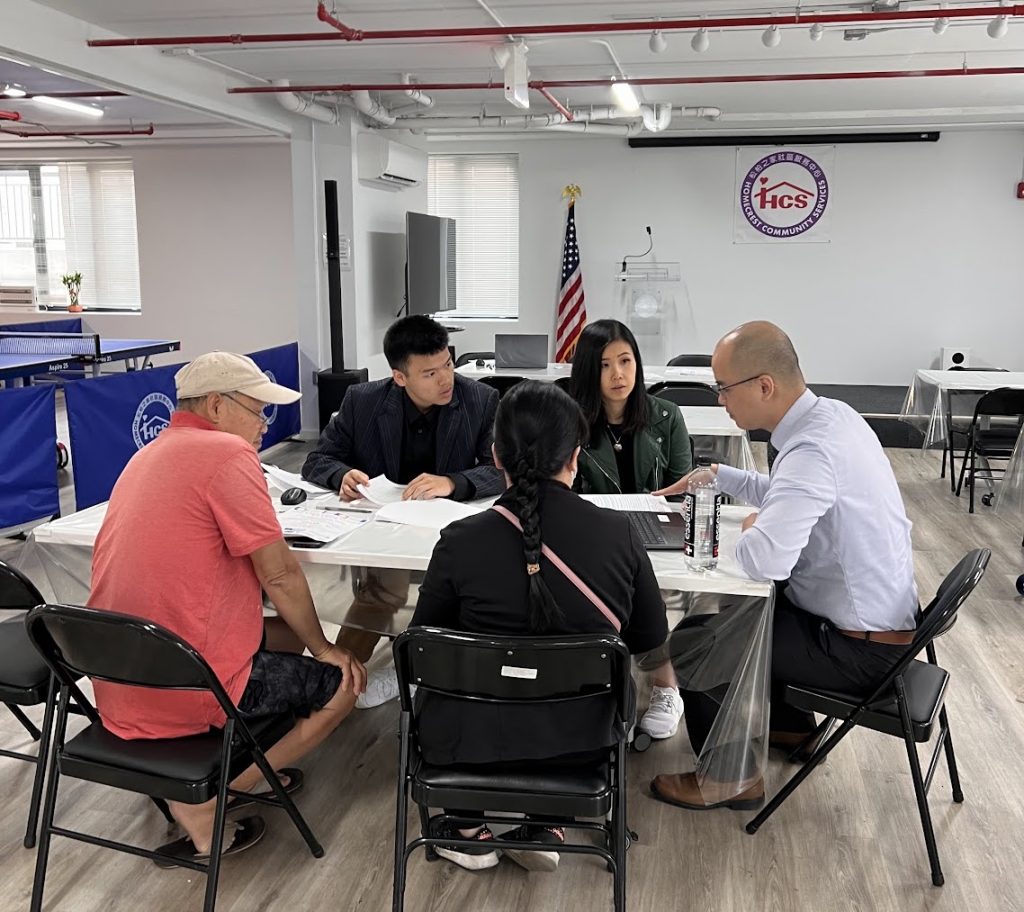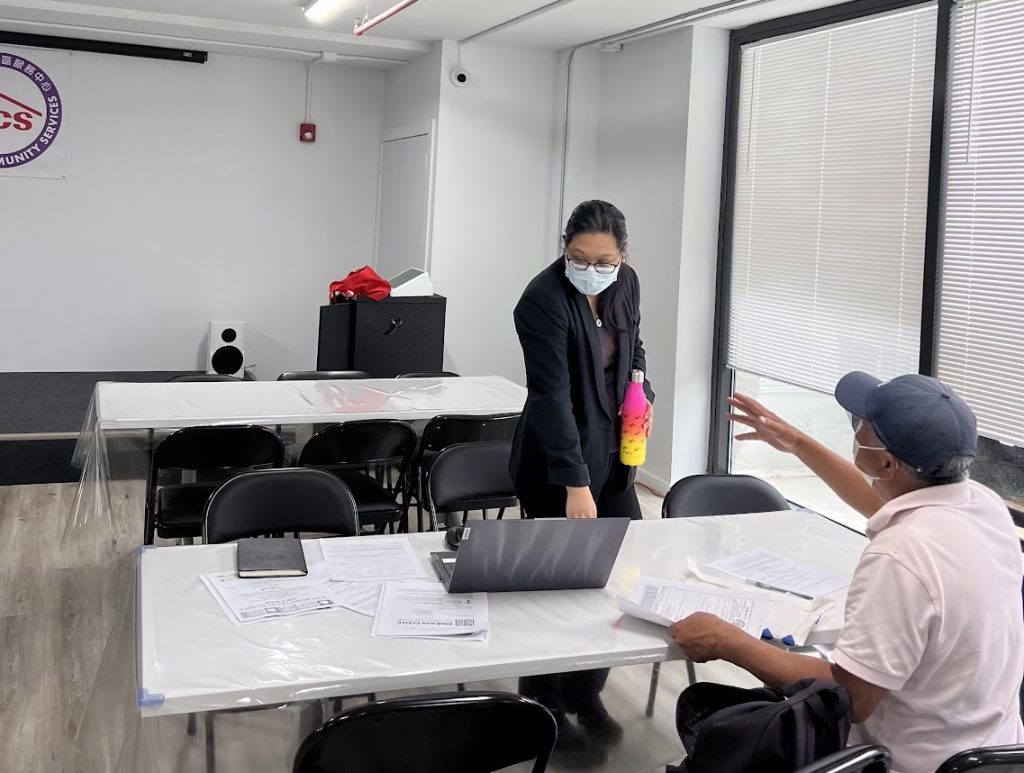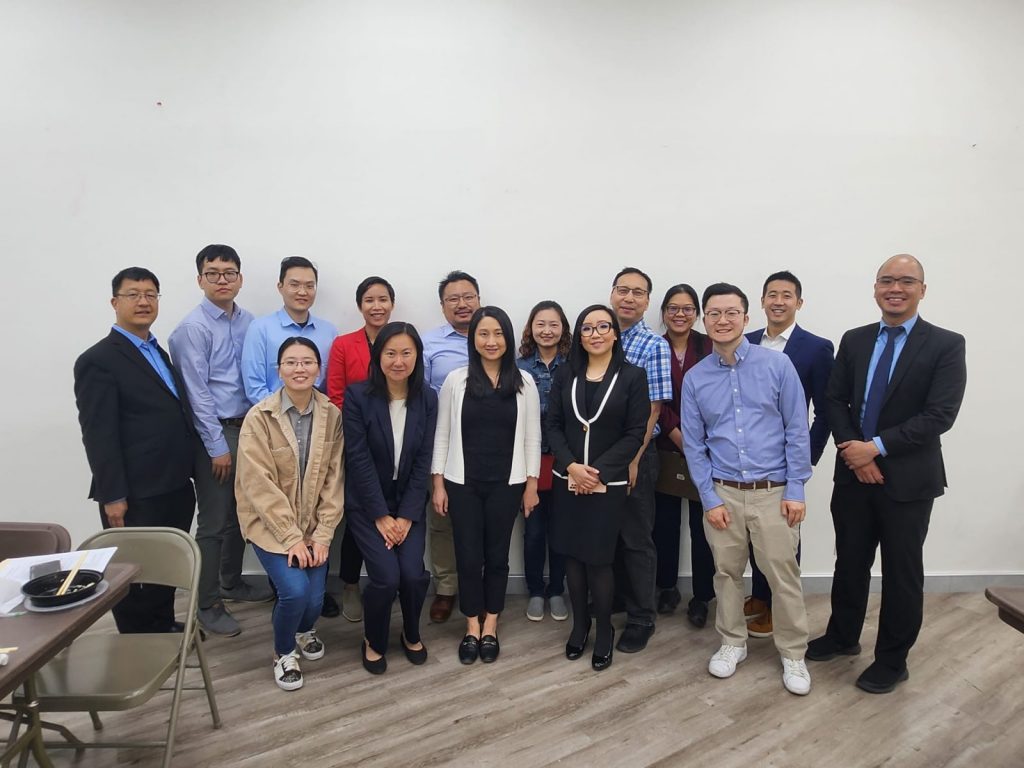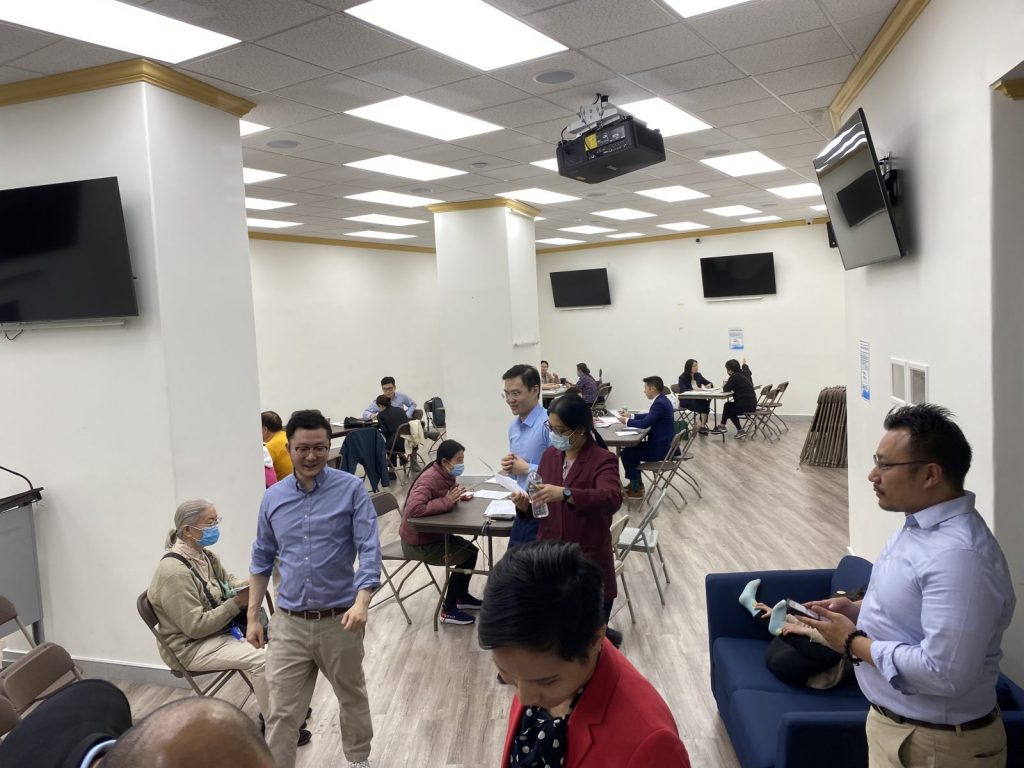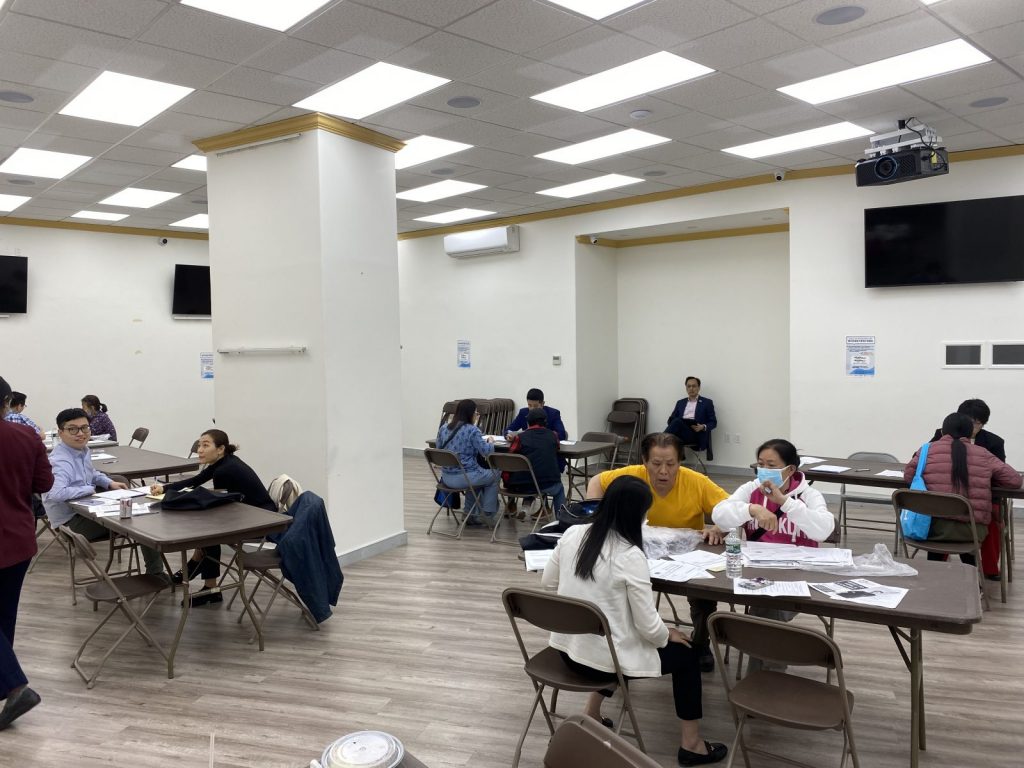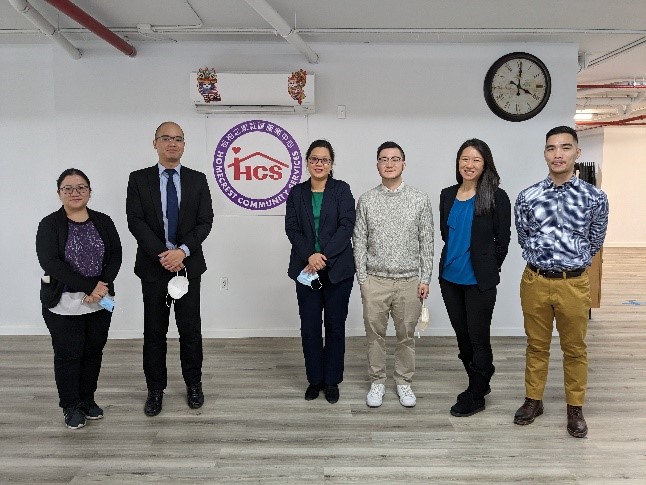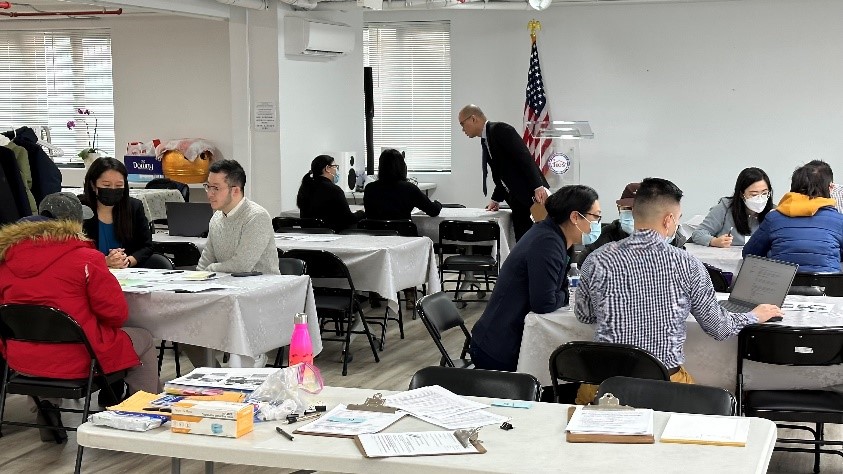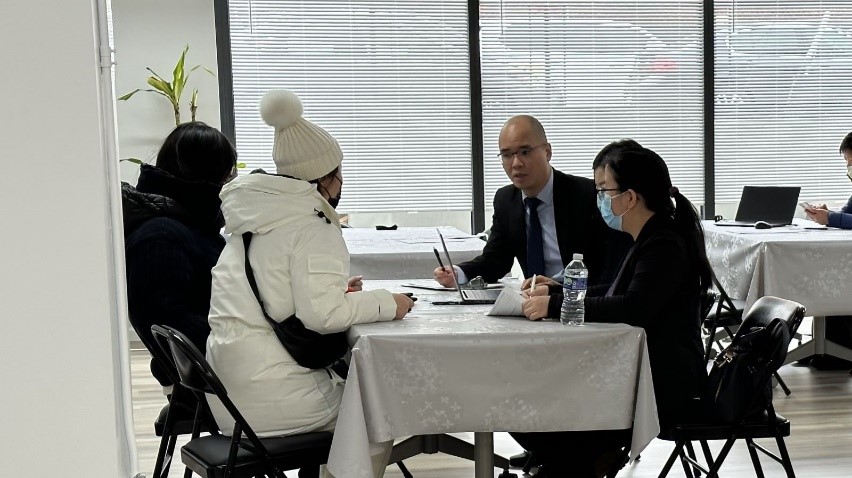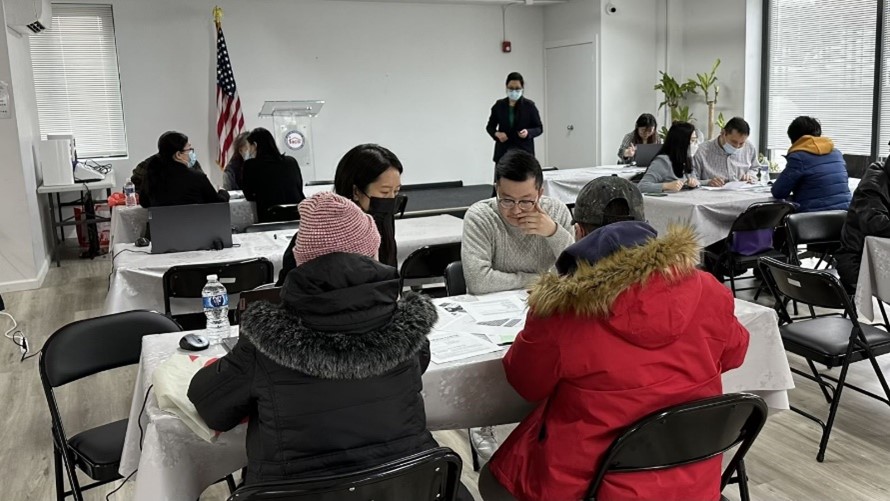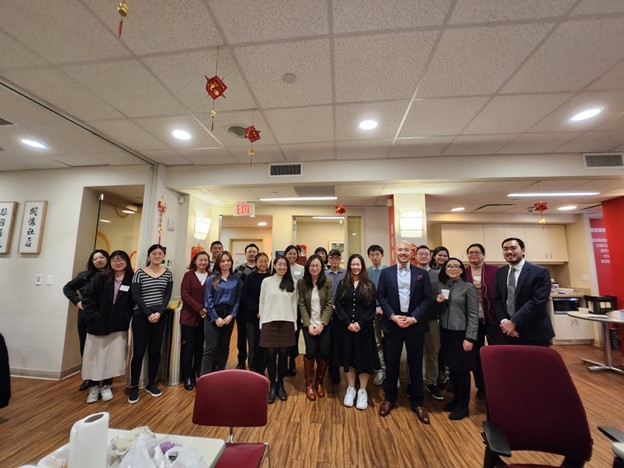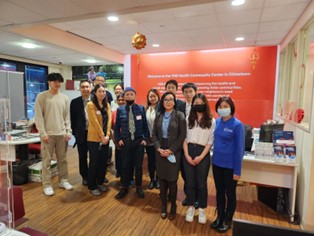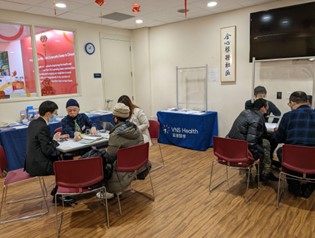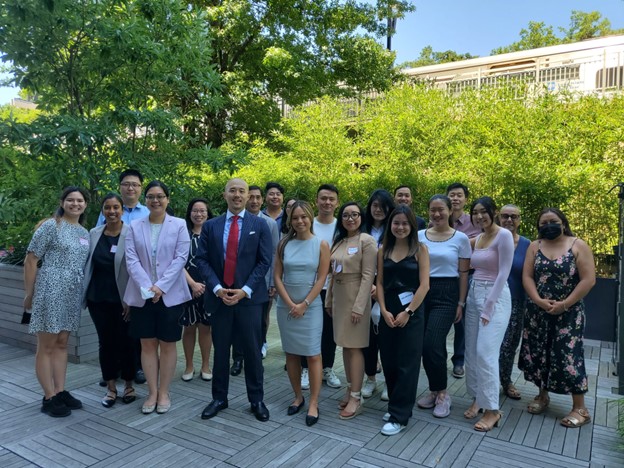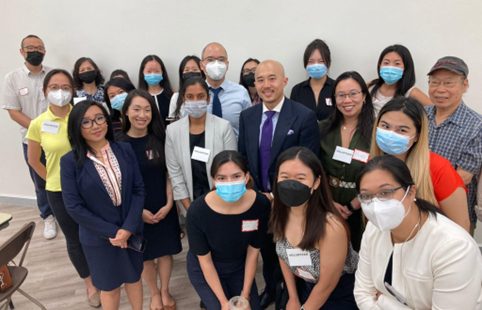NAPABA committees and networks enable our members to gain access to a robust knowledge-sharing network of seasoned AANHPI professionals. NAPABA’s committees focus on substantive practice specialties or specific service areas, such as civic engagement. NAPABA’s networks encompass individuals with similar experiences, such as solo practice or military service. These peer-led groups serve as a networking community and enable members to learn best practices and stay on top of the latest legal trends.
NAPABA is seeking committee or network co-chair recommendations from the membership to fill vacancies and we urge you to consider contributing your expertise and experiences in a meaningful way within NAPABA. Serving as a co-chair presents a unique chance to take up a leadership role within NAPABA, connect with AANHPI attorneys in your practice area or who share similar experiences, and enhance your professional profile. Many of our committee and network co-chairs have later served on NAPABA’s Board of Directors.
Who can become a co-chair?
An appointee must:
- Have demonstrated proven leadership skills;
- Have demonstrated the highest standards of personal integrity and trust professionally and personally;
- Have personal and professional experience relevant to the goals/objectives of the Committee;
- Have demonstrated a commitment to the furtherance of the Committee’s goals, including leadership and pipeline development;
- Be a member in good standing of NAPABA or a NAPABA affiliate; and
- Be willing to serve for a six-year term.
What information do I need to provide?
We request applicants submit the following materials in a SINGLE PDF:
- A Resume or similar material that demonstrates personal or professional experience relevant to the goal(s) and objective(s) of the committee or network.
- A Statement of Interest demonstrating the following:
- Proven leadership skills in NAPABA, local NAPABA affiliates, or other professional activities
- The highest standards of personal integrity and trust in all professional and personal activities
- Additional details outlining your personal or professional experience relevant to the goal(s) and objective(s) of the committee or network not outlined in your resume.
- Biography
Where do I apply?
Ready to apply? Click on the button below to start your application! The deadline to apply is Monday, September 18, 2023 at 5:00 pm ET.

Committees and networks with co-chair vacancies:
Committees
- Bankruptcy & Restructuring Committee
- Cannabis/CBD/Hemp Law & Policy Committee
- Civil Rights Committee
- Corporate Transactions Committee
- Data Privacy & Security Committee
- Dispute Resolution Committee
- Diversity and Inclusion Committee
- Energy, Environment & Sustainability Committee
- Entertainment Law Committee
- Government Enforcement & Compliance Committee
- Immigration Committee
- Insurance Law Committee
- Litigation Committee
- Mass Torts & Class Actions Committee
- Pro Bono & Community Service Committee
- Real Estate Committee
- Tax Committee
- Trusts & Estates Committee
- Wellness Committee
Networks
- In-House Counsel Network
- Law School Professors & Administrators Network
- LGBTQ Network
- Partners Network
- Public Sector Network
- Solo & Small Firm Network
If you have any questions about our committees or networks or the application process, please contact membership@napaba.org.


